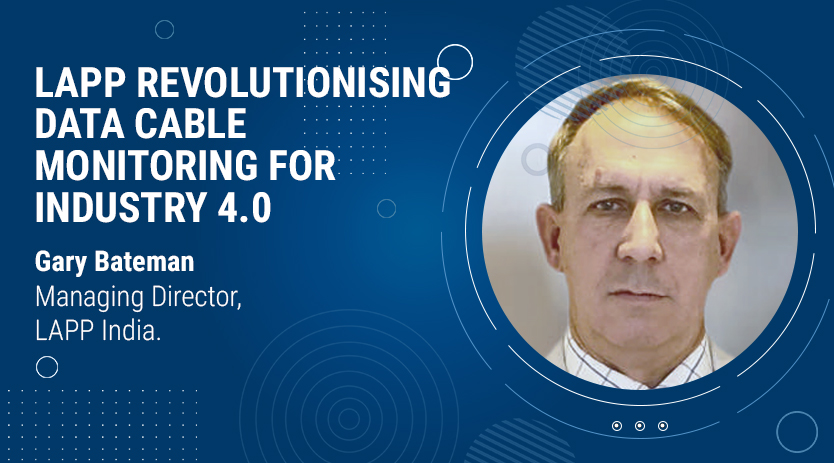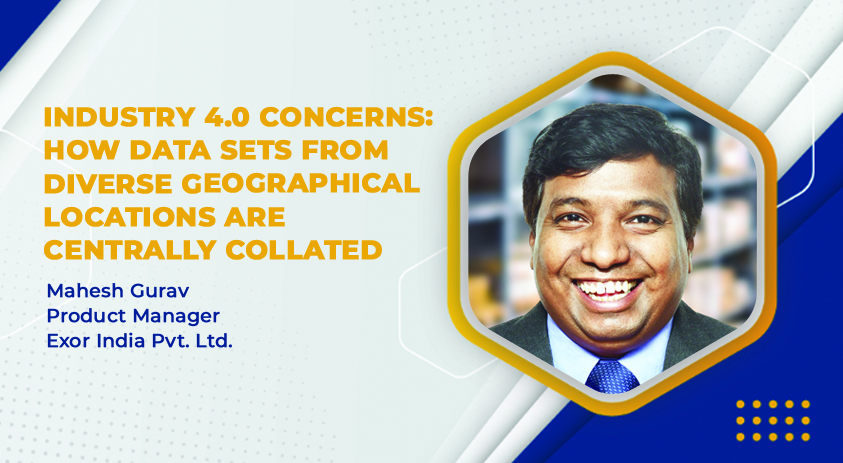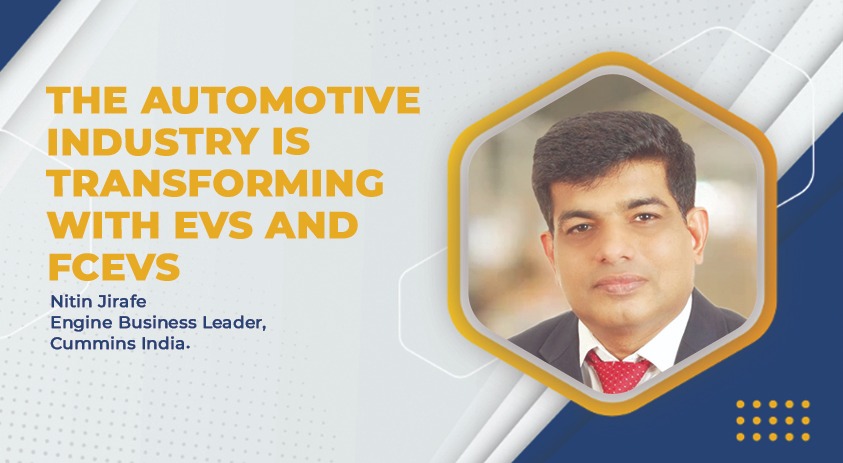Industry 4.0: opportunities and challenges
By admin August 25, 2015 3:31 pm IST
Festo, a global player in factory and process automation, was an exhibitor at the ACHEMA – world forum and 31st international fair of the process industry held in Frankfurt/Main, Germany. At the ACHEMA, Dr Eberhard Veit, Chairman of the Management Board, Festo AG spoke on current topics and trends in this sector.
Industry 4.0 as a platformIn Germany, the industrial associations and the spheres of industry and politics are working in close collaboration on these developments. A great deal has already been achieved with the establishment and ongoing reorientation of the “Industry 4.0 platform”, in which the framework conditions are being established by renowned industrial enterprises together with representatives from the political sphere. In addition to technological standards, business models and new forms of cooperation are also being developed that will enhance the global competitiveness of the industry. The individual working groups of the platform are dealing with the key topics for shaping Industry 4.0, such as standardisation, safety, education and training, and the legal framework. The Industry 4.0 platform is contributing its findings to the process of national standardisation. The path leads through the national mirror committees at DIN/DKE to the international bodies such as the International Electrotechnical Commission (IEC).
Festo sets store by four pillars for Industry 4.0. AGIL 4.0 stands for:• A for architecture: flexible, self-learning collaborative systems and processes on the basis of mechatronic systems, electronics and software • G for general business models: new forms of work organisation in production and cross-company cooperation/networking yield new business models• I for Innovations in products: intelligent, intuitive, integrated Internet-capable products and components• L for learning, knowledge, training with basic and advanced training in study and the professional environment.ArchitectureAt the ACHEMA, Festo is for example presenting its new innovative concept for the automation of modular production units. This enables water treatment systems, for instance, to be rapidly and flexibly installed and conveniently adapted whenever required, without the need for comprehensive reconfiguration. This reduction of complexity not only enables products to be rapidly launched on various markets, but also reduces costs in the planning, manufacture and commissioning of production facilities; in addition, these systems are more energy-efficient in view of their smaller dimensions.
General business modelsThe digitalisation of production yields new general business models in the sense of “integrated industries” in globally networked business processes that transcend company borders. In this process, the role models and interfaces between humans and machines are newly defined and are supported by smart devices and mobile communication. This opens up entirely new opportunities for shaping product and service worlds, which will cater even more specifically to highly individual customer wishes and to e-business offers derived from them. In the four areas of “efficiency, simplicity, safety and competence”, Festo thus offers solutions for boosting the productivity of its customers.
The ongoing identification and analysis of trends, technologies, markets and sectors of industry are constantly opening up new opportunities. Festo is expecting impulses from developments and trends such as big data, smart services and electromobility to generate short- and long-term impulses for products and markets that will strengthen its market position and help to open up new markets.
InnovationsFor several decades, Festo has been working in close cooperation with its customers; this extends from the products to integration into superordinate automation concepts. Communication-capable components with decentralised intelligence form the basis of these superordinate, so-called cyber-physical systems. The flagship product of Festo, the automation platform CPX, will also be capable of integration into Industry 4.0 environments via the open standard OPC-UA. Innovative machinery concepts such as these can only be realised when strong partners cooperate and pool their expertise and key competencies. Furthermore, Festo has initiated many customer projects centred on the digitalisation of industrial automation. The customers put their trust in the know-how of Festo in technology, innovation and in basic and advanced training.
Cookie Consent
We use cookies to personalize your experience. By continuing to visit this website you agree to our Terms & Conditions, Privacy Policy and Cookie Policy.











